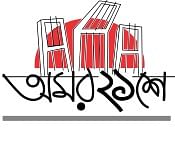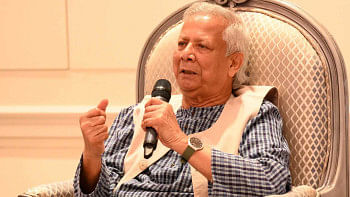Khairat Hossain's call rejected

All through February 20, 1952, preparations for the general strike the next day went on. The All-Party State Language Action Committee met at the offices of the Awami Muslim League on Nawabpur Road, the crucial question under discussion being whether or not to break Section 144 imposed by the government.
According to Badruddin Umar, a majority of individuals attending the meeting were clearly against a violation of Section 144 and it was only a handful, among whom was Oli Ahad, convener of the Dhaka University State Language Committee, who advocated action through ignoring the restrictions clamped by the authorities.
Earlier, the East Bengal Legislative Assembly met in session. With 80 of its 123 members present, Khairat Hossain asked for a discussion on the ban imposed on the Pakistan Observer. His suggestion was opposed by chief minister Nurul Amin who, however, told the legislature that the move had been taken in the public interest. If the step had not been taken, he stated, order would have broken down. The speaker of the assembly then rejected Khairat Hossain's demand and hence no discussion on the issue could take place.
On the same day, SH Qureshi, District Magistrate of Dhaka, issued formal orders for an imposition of Section 144 the next day, making it clear that the restrictions would remain in force for 30 days. Government officials went into overdrive trying to explain the rationale behind the imposition of Section 144. Chief secretary Aziz Ahmed noted that intelligence reports had warned of plans by the protestors to storm the assembly building on February 21. He was being economical with the truth. The students did mean to besiege the assembly, but they certainly had no plan or intention of going inside it by force.
It is worth noting that following the tragedy of February 21, Nurul Amin would note that the decision about Section 144 had been made by bureaucrats and that he had no prior knowledge of it. It was revealing of the authority men like Aziz Ahmed exercised despite the chief minister being around with all his powers.

 For all latest news, follow The Daily Star's Google News channel.
For all latest news, follow The Daily Star's Google News channel. 



Comments